![]()
Racial bias is well documented in photography—consider, for example, photographers’ inability to capture and expose darker skin tones with film. Within the emulsion of film, the chemicals that recapitulate light, is inherent social bias. There’s a distinct prejudice within the algorithms of our digital imaging technologies.
Mainstream media are bereft of, or misrepresent, people of color. In my own experiences, I am often the only Brown person, or person of color, in the room when attending exhibition openings.
Last year’s protests in response to the murder of George Floyd and the rampant anti-Asian hate crimes, along with my own struggles, motived something within me to be proactive.
Resultantly, I decided to apply to a city art grant focusing on racial justice with my collaborator, Linsey Jayne. I am a photographer and a neuroscientist and Linsey is a poet and editor. Our project, The Poetry of Science, provides an opportunity for people of color (POC) to amplify their voices and to be seen. Utilizing poetry and photography to validate the realities of POC, we aimed to counter the negative associations handed down by systemic racism by creating new and positive associations between POC, the arts, and the sciences.
This project paired local (Cambridge, MA-based) poets of color with local scientists of color to create poetry based on the work, motivations, and history of the scientists. Scientists’ portraits were created in collaboration with a local fine art photographer, Vanessa Leroy.
By combining the intensity of poetry with vivid imagery, our goal was to strengthen the voices and experiences of distinct communities of color to fill the gap between the sciences and the humanities. In pulling together these voices and collaborative works, we hope to offer a novel form of storytelling through the experiences of POC, emphasizing our place within the natural landscape and attempting to answer the question, “Where do we fit in?”
Presented below are the visual representation of scientists as integral parts of the natural landscape, embedded into the very foundation of reality that they study, observe, seek to understand, and create. Accompanying each image is original poetry that sheds light on the awesome power of the sciences and their unique role in the lives of each scientist.
Daniel Burje Chonde, MD, Ph.D., resident in radiology at Massachusetts General Hospital, executive director of the Peoples’ heART
![]()
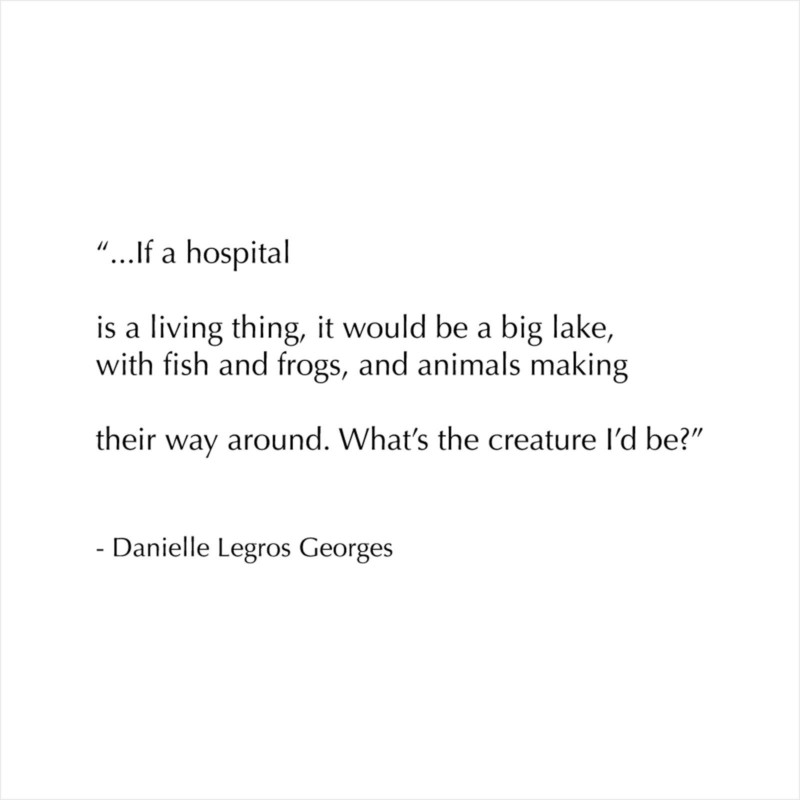
Sheena Vasquez, Ph.D. candidate in the Department of Biology at MIT
![]()
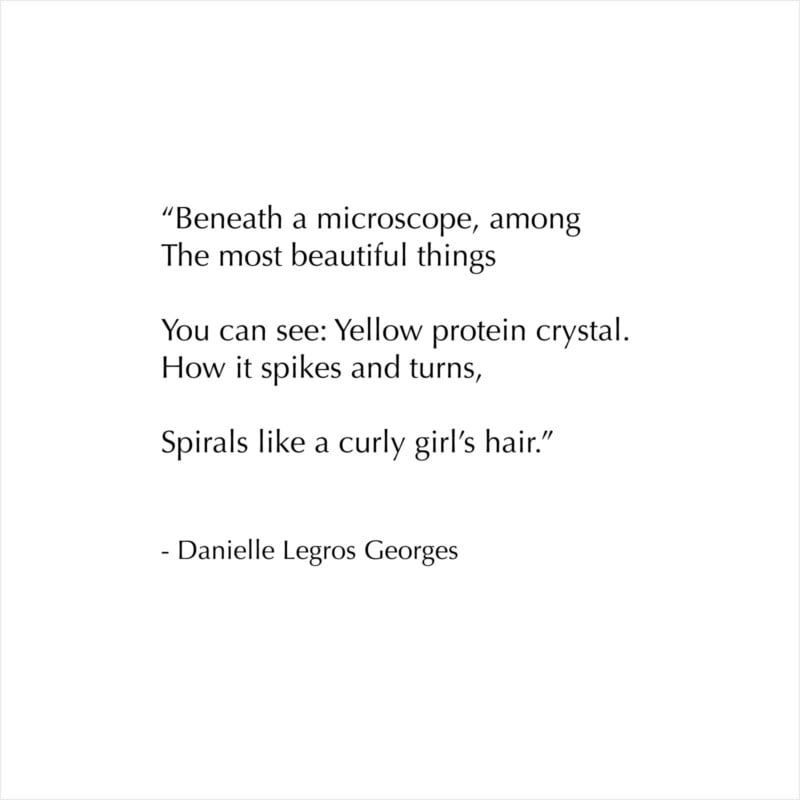
Nandita Menon, MS, technical associate at MIT
![]()
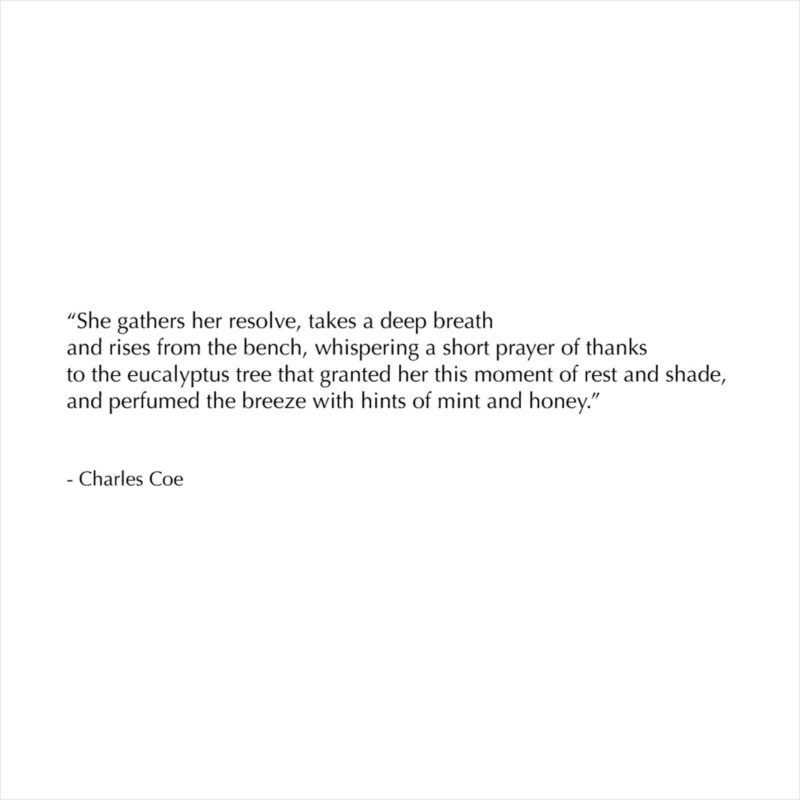
Kathleen Esfahany, computational neuroscience and artificial intelligence researcher at MIT
![]()
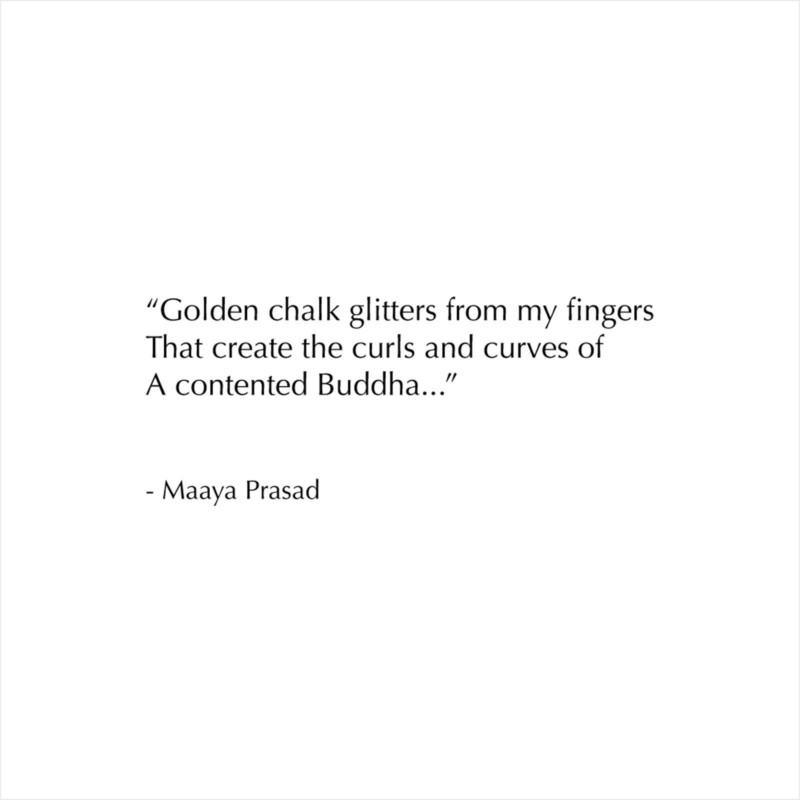
Christian Loyo, Ph.D. candidate in the Department of Biology at MIT
![]()
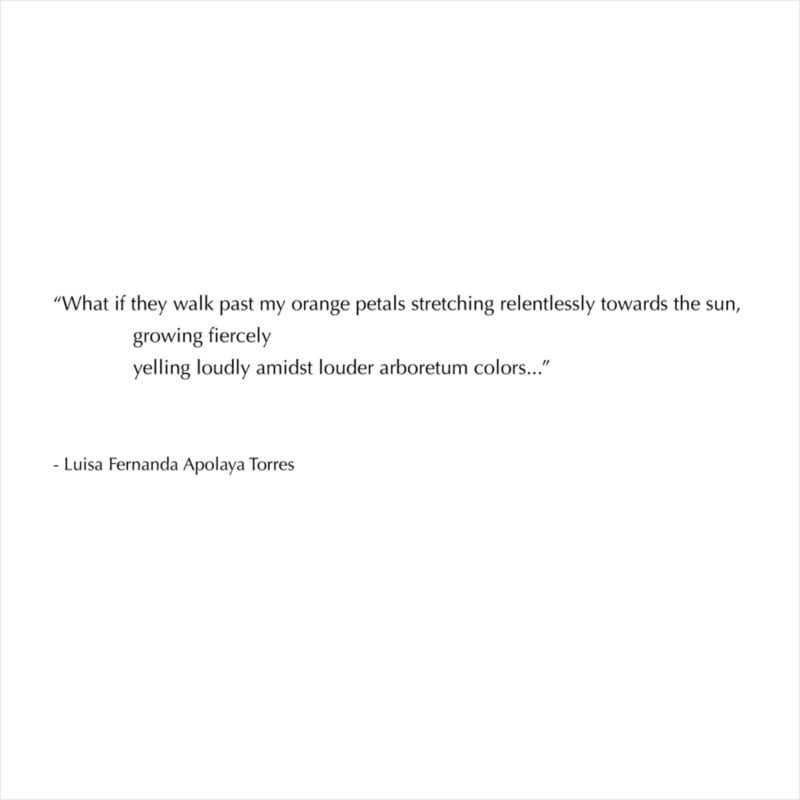
Jason Samaroo, Ph.D. candidate in the Department of Biology at Boston University
![]()
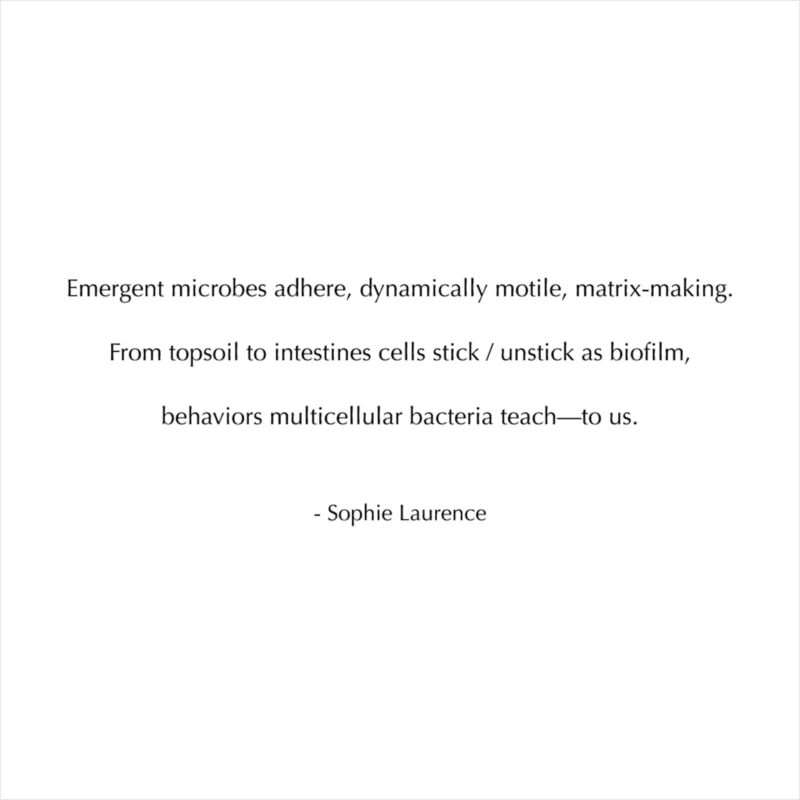
You can see the fully gallery here and read the poetry here.
The opinions expressed in this article are solely those of the author.
About the author: Joshua Sariñana, PhD, is a neuroscientist, photographer, and director of The Poetry of Science. You can read his previous PetaPixel articles here and view his photography on his website.
Image credits: Photographs courtesy The Poetry of Science
Author: Joshua Sariñana
Source: Petapixel



